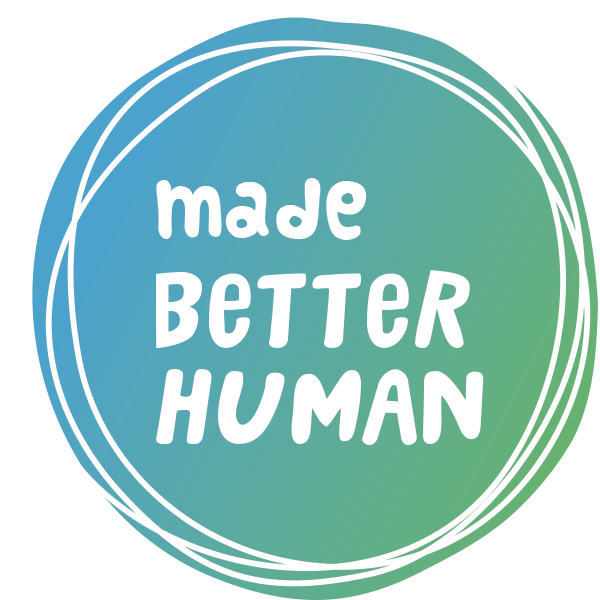For all of us, problems can visit our lives at any time. There are times when we might feel as though our problems over-stay their welcome and, like unruly house guests, they can invite more of their problem friends to crash into our lives. Some problems move in alongside us and can travel with us for decades. This is one of the problems with problem stories! Some problems pop up and move on in relatively short bursts of time. Regardless, none of us is immune to problems. When I work with individuals and teams, I notice that problems stories can fall into a few dominant themes.
1 | RELATIONSHIPS: I was chatting with a colleague recently who is doing her practical at a counselling service where I work. She was eager to apply her newly acquired approaches in CBT (Cognitive Behavioural Therapy), DBT (Dialectical Behavioural Therapy) and ACT (Acceptance and Commitment Therapy). One day, frustratedly she said to me. ‘Everyone I’ve encountered, even if they come here with anxiety or depression, has relationship issues.’ I would agree that many of our problems are linked to challenges we are facing in our relationships. These can range from difficulties in romantic relationships to disagreements with family members, conflicts with work colleagues or challenges with friends. At times we may struggle with communication breakdowns, trust issues, boundary violations, or feelings of loneliness and isolation. Talking about our relationship challenges can help us get some perspective on what’s getting in the way of effectively communicating, feeling safe or voicing our needs in a clear and respectful manner.
2 | CHANGES: Major life changes such as career transitions, physical relocations, divorce, or loss of a loved one can prompt individuals to seek support. These stories of transition often involve navigating uncertainty, grief, and redefining one's sense of purpose and identity. Often when we are in the process of a significant change it is our identity that has to shift. Examples of this include moving from adolescence into adulthood, beginning a job in a new organisation or learning to use a new technical skill or taking on a new role as a parent, as a couple, or becoming single again. These periods of transition may cause us to feel lost, disconnected, or uncertain about our values and goals. It can be very empowering to explore these existential concerns, reflecting on our life story, and finding a renewed sense of direction and fulfillment. Seeking support to address our concerns related to self-esteem, self-worth, or self-acceptance and working towards developing a more positive and authentic expression of ourselves can be one of the best investments we can make.
You can use our free transitioning template to reflect on a life transition you have experienced and map out the identity shift that occurred when you changed a role that you performed in your life. This is a useful exercise to complete to work out some of the transitional wisdoms you have already acquired which may be useful when it comes time to transition once again into a new identity.
3 | CONFLICTS: At times, many of us might experience intense emotions such as sadness, anxiety, anger, or numbness. These emotions may stem from a variety of sources, including past traumas, relationship difficulties, or internal conflicts. Working out ways to regulate ourselves if we feel overwhelmed by emotions can be useful as well us working out what needs our feelings and emotions might link back to. Narrative pratice can help individuals reconcile these conflicts, make sense of the emotions and develop a more coherent sense of self. Stories related to societal expectations, family demands, workplace expectations, discrimination, oppression, or cultural norms can be a significant source of distress for many people. Narrative practice provides a space to explore how these external forces shape personal narratives and to challenge oppressive discourses and to be more selective about what norms we choose to accept, reject or operate within without becoming defined by them.
If you’d like to explore your life stories in more detail, why not reach out to Made Better Human. We offer a comprehensive program, Made Better Stories which guides you through an approach you can take to unfold new meaning and perspective on your life stories. Or you might like to work with one of our narrative therapists / coaches who can offer one-on-one coaching that will support you as you work through your stories and the re-authoring process. Contact us here.

